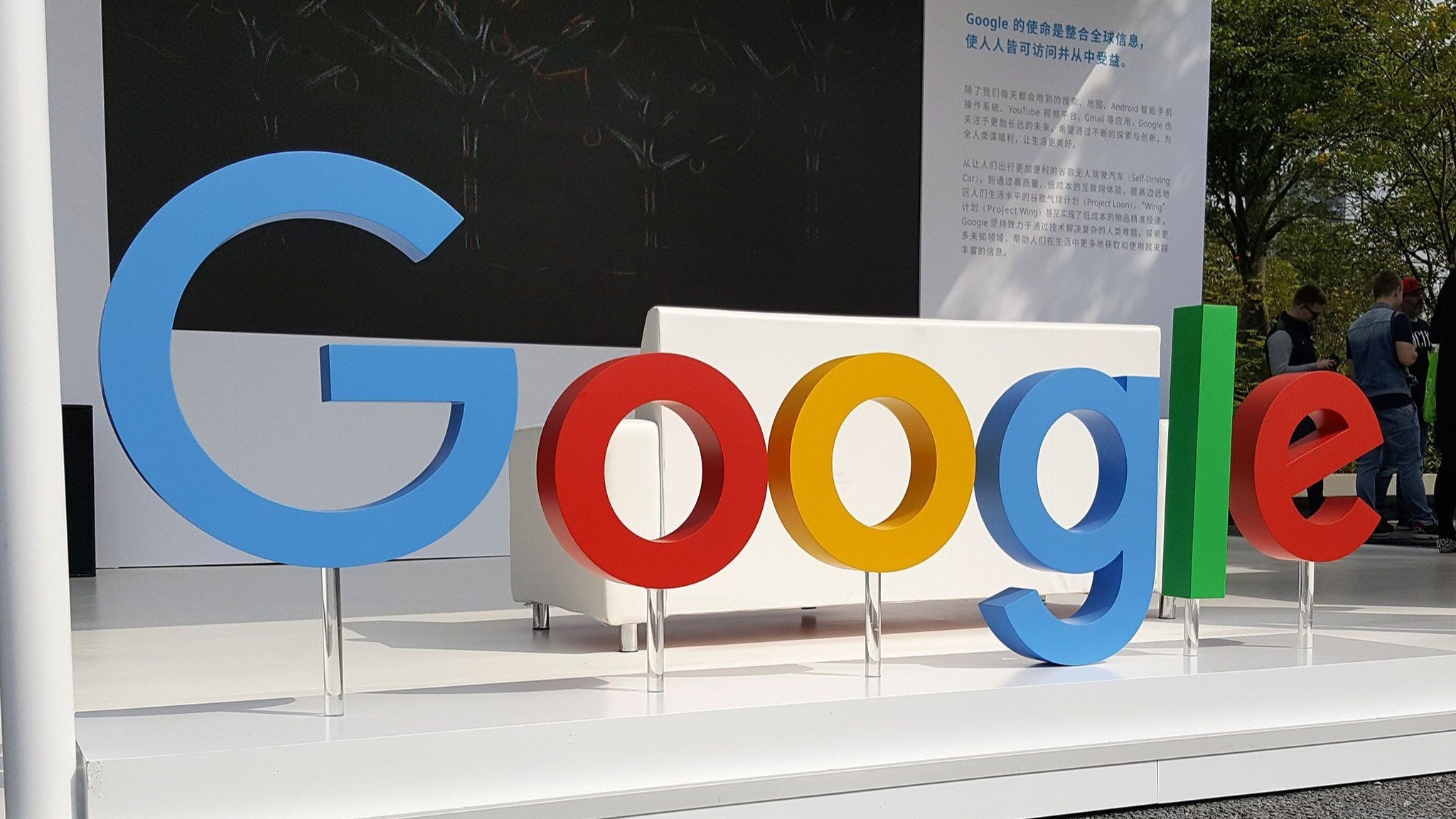What you need to know
- On top of being ruled a monopolist in the search landscape, Former Google Engineer Arvind Jain says AI tools like OpenAI’s SearchGPT could give Google a run for its money in the search landscape.
- The Engineer claims Google is focused on generating profit, which has negatively impacted its service’s user experience with annoying ads.
- However, critical issues are preventing these AI tools from reaching prime time, including a lack of attribution to the source and instances of hallucinations and misinformation.
As you may know, Google lost a US DOJ antitrust case after Judge Amit Mehta indicated, “Google is a monopolist, and it has acted as one to maintain its monopoly” in his 277-page judgment ruling. As Google awaits further instructions from regulators on the next steps to mitigate its illegal monopoly in search, experts warn that it might have bigger fish to fry with emerging AI-powered internet search tools like OpenAI’s SearchGPT.
Microsoft previously echoed similar sentiments with CEO Satya Nadella, indicating Google doesn’t play fair with Bing in a separate antitrust case. Nadella claimed Microsoft was willing to part with $15 billion annually to attract a similar deal with Apple. It would be “a game-changing opportunity,” the CEO concluded.
According to unearthed antitrust case files, Apple isn’t willing to sever its ties with Google anytime soon. “There’s no price Microsoft could pay” to make Apple ditch Google. We learned that Microsoft offered its Bing service to Apple for free, but the iPhone maker still turned it down, citing Bing’s poor search quality and inferior monetization capabilities. Google reportedly pays $26 billion to maintain its search engine as the default across Apple devices.
AI is rapidly redefining search
According to former Google Engineer Arvind Jain, Google is seemingly focused on generating profit from its services, which has significantly impacted Google Search’s user experience. Consequently, Jain claims this could give competitors the edge to topple Google from its dominant position in search.
While speaking to Observer, Jain indicated:
“The experience was getting worse, especially on mobile devices, where there are just way too many ads on the page.”
However, while Jain believes answer engines powered by large language models (LLMs) like SearchGPT (already branded Google killer) and Perplexity pose a great threat to conventional search engines, there’s still a lot of work that needs to be done. “Personally, as a user, I don’t feel comfortable going to these answer engines,” the engineer added.
He listed a lack of attribution to the source in the compactly packed AI-generated answers as a major issue, especially with the rampant instances of AI hallucinations, misinformation, and outright generation of wrong answers.
While this remains a long shot at best, it’s possible that some of these critical issues could be addressed in the future, allowing new players into the search landscape to get a crack at Google’s dominant market share.





